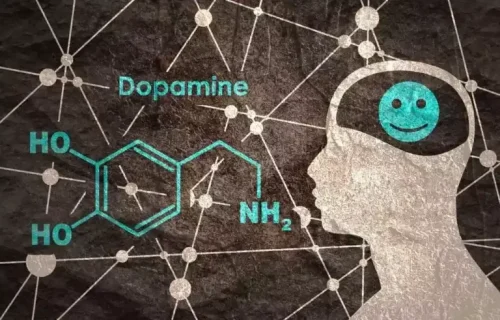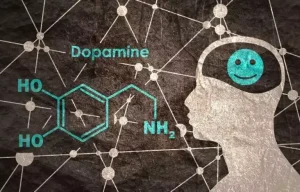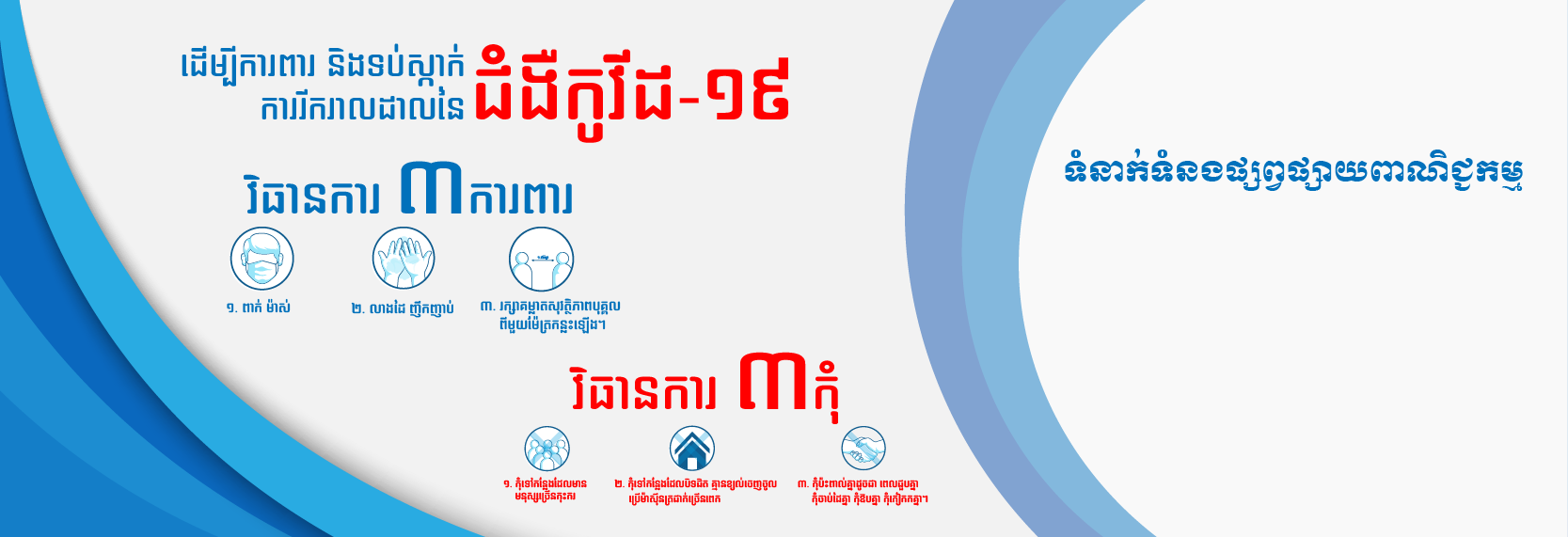
Navigator focuses on evidence-based alcohol treatment, telling you what you need to know about AUD and treatment options, and helping you find the right treatment for you—and near you. Find treatment programs in your state that treat addiction and dependence on opioids. The confidential and anonymous resource for persons seeking treatment for mental and substance use disorders in the United States and its territories. Please note that while alcohol helplines are trusted resources, they cannot offer emergency care. If addiction and substance use has led to a medically or mentally dangerous situation, call 911. Each of these fee-based tools has a research base that shows its potential to help people cut down or quit drinking.
- Milder cases — when people abuse alcohol but aren’t dependent on it — are as well.
- Others may want one-on-one therapy for a longer time to deal with issues like anxiety or depression.
- Learn about your state’s underage drinking prevention efforts and laws ― by reading your state’s report.
- Let friends, family members, and co-workers know that you’re trying to stop or cut back on drinking.
Center for Substance Abuse Prevention (CSAP)

For 3 to 4 weeks, write down every time you have a drink and how much you drink. alcohol addiction help Reviewing the results, you may be surprised at your weekly drinking habits. Do you want to stop drinking altogether or just cut back? If your goal is to reduce your drinking, decide which days you will drink alcohol and how many drinks you will allow yourself per day. Try to commit to at least two days each week when you won’t drink at all. Once you’ve made the decision to change, the next step is establishing clear drinking goals.
Setting Healthy Boundaries in Relationships

Treatment of alcohol dependence is a two-phase process, which aims at alcohol withdrawal and subsequent long-term abstinence and relapse prevention 9. Depending https://ecosoberhouse.com/article/how-to-stop-drinking/ on the phase, different priorities may be set. Thus, pharmacotherapy during and immediately after detoxification may protect from withdrawal dysphoric symptoms and can reduce anxiety and symptoms of depression 10-12. Thereafter, medication can be used to reduce craving and reward from alcohol use.

Sobriety in AA: When drinking is no longer a party

Thus, topiramate could be an alternative option beyond the already approved agents for the treatment of alcohol dependence. Impulsive and compulsive behaviours play a crucial role in alcohol abuse, craving and relapse 39-41; therefore, medications with anticraving properties have been used for prevention of relapse. Thus, moderation of impulsivity with consequent minimization of craving might be responsible for the lower rates of relapse in the topiramate augmentation group. Moreover, research has consistently documented a strong association between anxiety and/or symptoms of depression and alcohol abuse; these symptoms usually subside following a few weeks of abstinence 46. Through such a collateral beneficial action, topiramate could lead to the more favourable outcome observed in the augmentation group of the present study. Alcoholics Anonymous® (also known as “AA”) and other 12-step programs provide peer support for people quitting or cutting back on their drinking.
- They may recommend detoxification, medication, or relapse prevention training.
- Treatment may involve a brief intervention, individual or group counseling, an outpatient program, or a residential inpatient stay.
- You may want to learn if the program or provider offers medication and whether mental health issues are addressed together with alcohol treatment.

Drugs used for other conditions — like smoking, pain, or epilepsy — also may help with alcohol use disorder. Talk to your doctor to see of one of those might be right for you. Alcoholism is a common and different term for alcohol use disorder. Milder cases — when people abuse alcohol but aren’t dependent on it — are as well. But alcohol use disorder is actually a brain disease. Alcohol causes changes in your brain that make it hard to quit.
Alcohol addiction treatment options
- The person with the drinking problem needs to take responsibility for their actions.
- Treatment for alcohol use disorder can vary, depending on your needs.
- Rehab or professional treatment can get you started on the road to recovery, but to stay alcohol-free for the long term, you’ll need to build a new, meaningful life where drinking no longer has a place.
- Three medications are currently approved in the United States to help people stop or reduce their drinking and prevent a return to drinking.
- Thus, topiramate could be an alternative option beyond the already approved agents for the treatment of alcohol dependence.
Quitting causes withdrawal symptoms, which can range from mild to life-threatening. The detox process is designed to safely clear the addictive substance from your body. Our residential level of care is an ideal option if you are at high risk of experiencing alcohol or drug withdrawal requiring detox. This rehab option would also typically be recommended if you have experienced a relapse or if you’ve already tried a less-intensive level of treatment.




